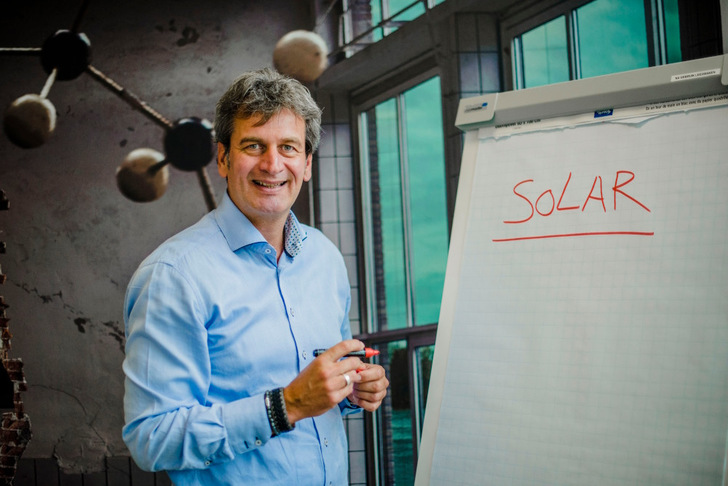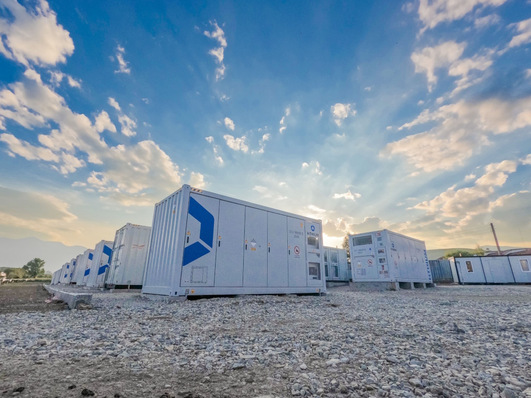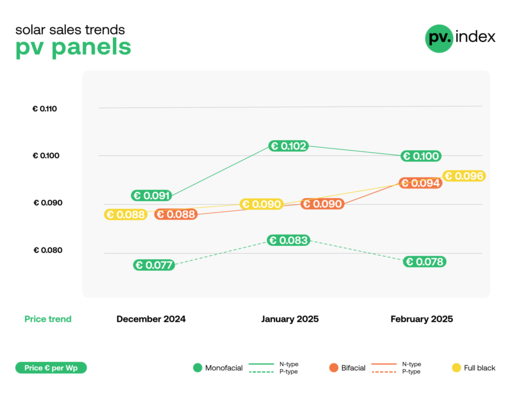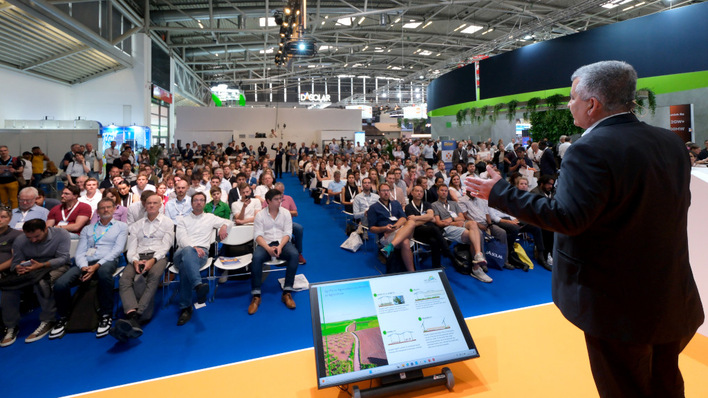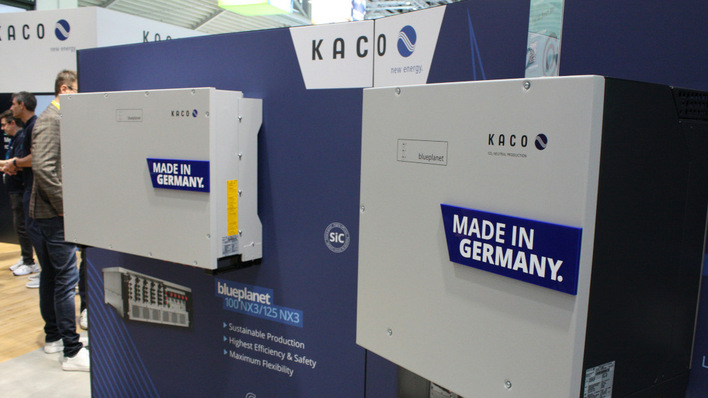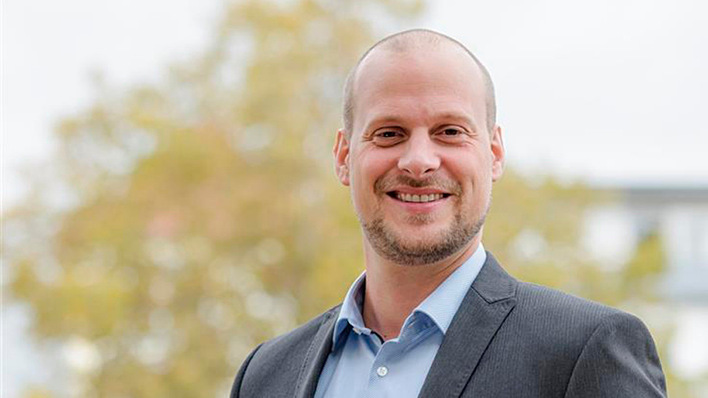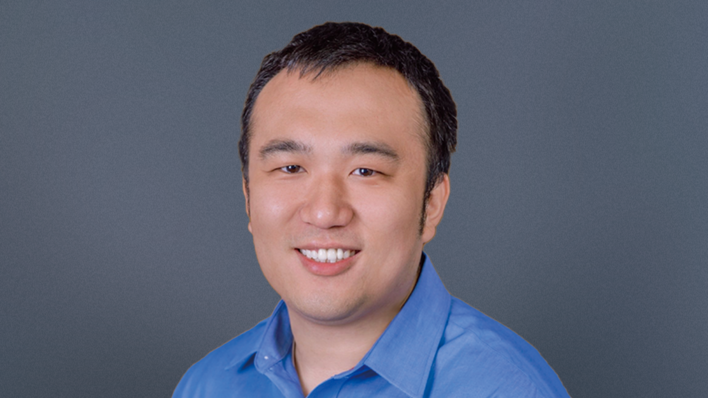Starting in March this year, prices for solar panels are in fact in a free fall. According to online trading platform pvxchange, the price of an average module fell from 30 euro cents per watt to 22 cents per watt in the period between March 2023 and August 2023.
Scheper indicates that many companies have seen their profit margins evaporate as a result. "In many cases, demand has halved, and so has the profit margin with the low prices," he explains. "If your personnel costs don't decrease in the meantime, you can imagine that you will have a problem rather quickly."
Did you miss that? Solar modules are cheaper than ever before
Although Scheper considers it likely that the period of rapid growth and expansion is coming to an end, he indicates that demand could still return after the summer:
"There are actually two possible scenarios. The first scenario is that everyone got back from summer vacation and everything gets going again in October, and we worry about nothing. The second scenario is that demand remains low and we in the Netherlands for example are left with far too many wholesalers for such a small country. The question then becomes: do you need thirty similar organizations here?"
Netherlands: uncertainty around the sale of residential PV systems
Scheper indicates that demand seems to have completely collapsed, especially in the residential market. Although this may have seemed unthinkable a year ago, Scheper says it can be explained. He indicates that a few important incentives have changed:
"If you look at last year's situation, you had very high energy prices and before that a period during covid when people all had time and money to improve things around the house. Now everything is in many ways similar to how it was before covid. In addition, there is a bit of uncertainty around what will happen with the netting scheme and the fact that the government has resigned."
Yet Scheper is also surprised at how quickly and seriously the private market has collapsed. "I didn't expect demand to come to a standstill so quickly. Everyone thought they had their portfolio full until the end of the year, and until the summer holidays the sector was still busy. But now the residential systems are completely on hold."
In many cases, the companies receive 30 to 40 percent less turnover than what was forecasted. It must be said that many forecasts were based on strong growth. In the current situation, Scheper says, companies are happy if they end up with the same as last year.
'Large-scale PV projects are becoming a specialist market‘
The low prices of modules also have implications for the large projects market. Despite the fact that the business case for projects is becoming more attractive due to cheap panels, Scheper sees that it is still extremely difficult for project developers to get it financed. Where projects used to be easy to get off the ground, Scheper now sees that the complexity of all procedures is too much for a sector with many new people.
"On the one hand, you see that old business cases that were not feasible with prices of 30 cents per watt are now feasible," says Scheper. "But you also see that it takes organizations easily three-quarters of a year to manage all the formalities." In particular, Scheper sees that the application for the SDE++ subsidy – which many financial companies want to see before they commit to project support – costs a lot of time and money. "Where previously a manager could do all the application himself, he now needs a whole bunch of people under him to get it done. And those people are almost all new to the sector."
As a result, Scheper sees large-scale PV projects has become a specialism. "The process is difficult and is going to get more and more difficult," he says. "You really have to know the right people and know the right ways. It has really become a specialist market."
Can European manufacturers compete with China?
As a result of the continuously dropping module prices, not only wholesalers, but also European manufacturers are worried. In an appeal to the European Commission, SolarPower Europe recently wrote that without intervention, a large part of the European solar industry could disappear. SolarPower Europe advised the European Commission, among other things, to buy up the stocks of manufacturers.
Although Scheper is in favor of building European production capacity, he sees no benefit in such measures. "Buying up overpriced panels makes no sense," says Scheper. "So much has happened in China in the last three years and there is such a huge capital boost behind it. We'll never catch up."
According to Scheper, this does not mean that we in Europe have to sit back and relax. "We have to make use of the qualities we have," he explains. "If we can make a premium product in Europe, there really is a market for it. Grab a niche, such as sustainably produced panels, that responds to a need."
Also interesting: Resilience of supply chains as Achilles' heel
According to Scheper, it is best to work with Chinese companies and be aware of what we can and cannot achieve in Europe: "In terms of R&D, you can see that we are leading the way in the Netherlands and that we are developing the panels with the highest efficiency. But if you want to produce that at scale, you can't do that in the Netherlands, so it's better to work together for that."
Adjusting expectations
All in all, Scheper sees a shift taking place. "It's really going to be a seller's market again," he explains. According to Scheper, this means that organizations must distinguish themselves from each other in different ways than before: "You really have to add value to your product, because you will no longer lose it automatically."
Get the new report of European Solar here for free
The time for optimistic forecasting is probably over, Scheper thinks. "We got a little spoiled and maybe that's why we thought it couldn't be done," he says. "But it's going to be important to start adjusting those expectations." (GS/hcn)


